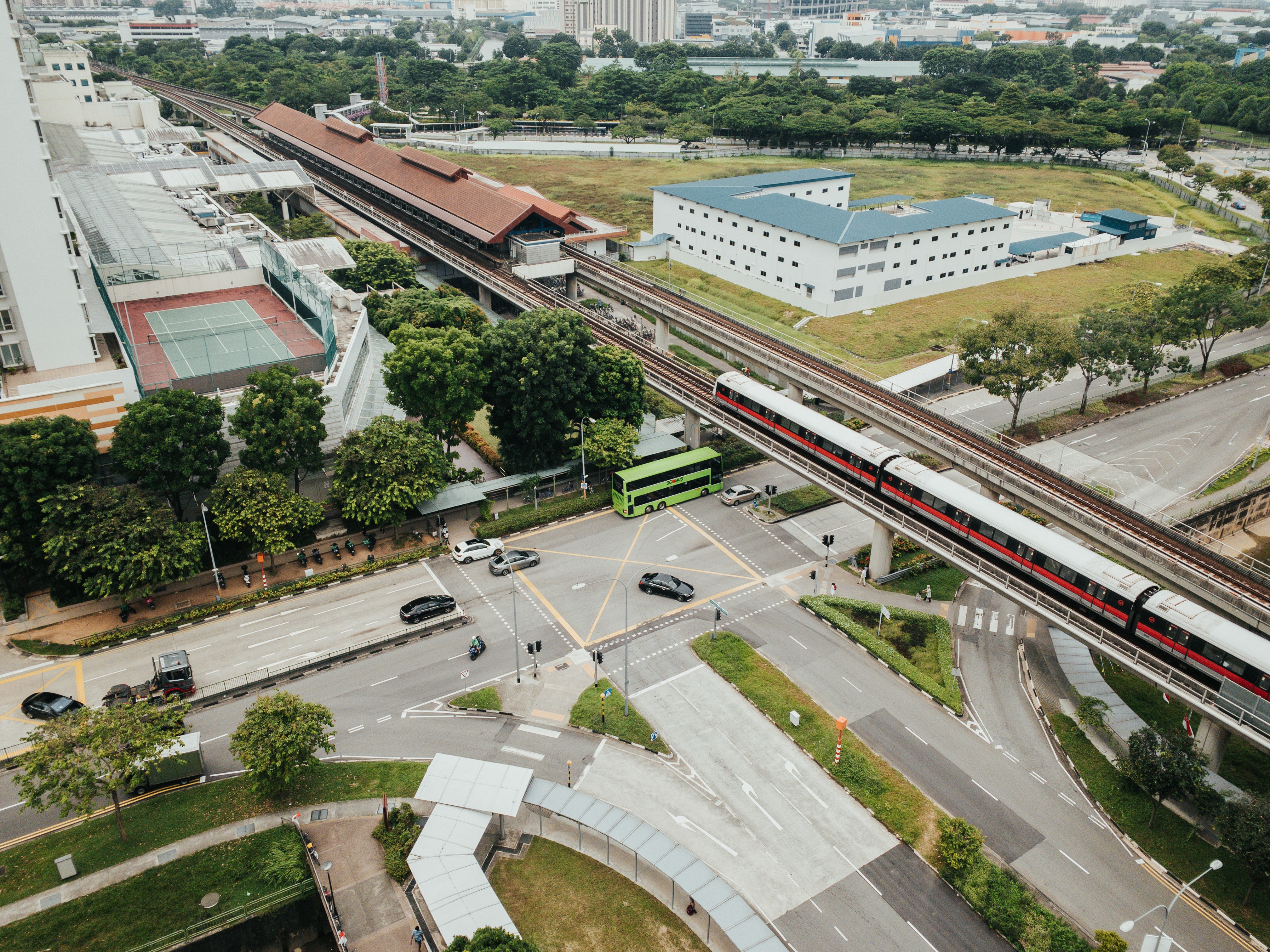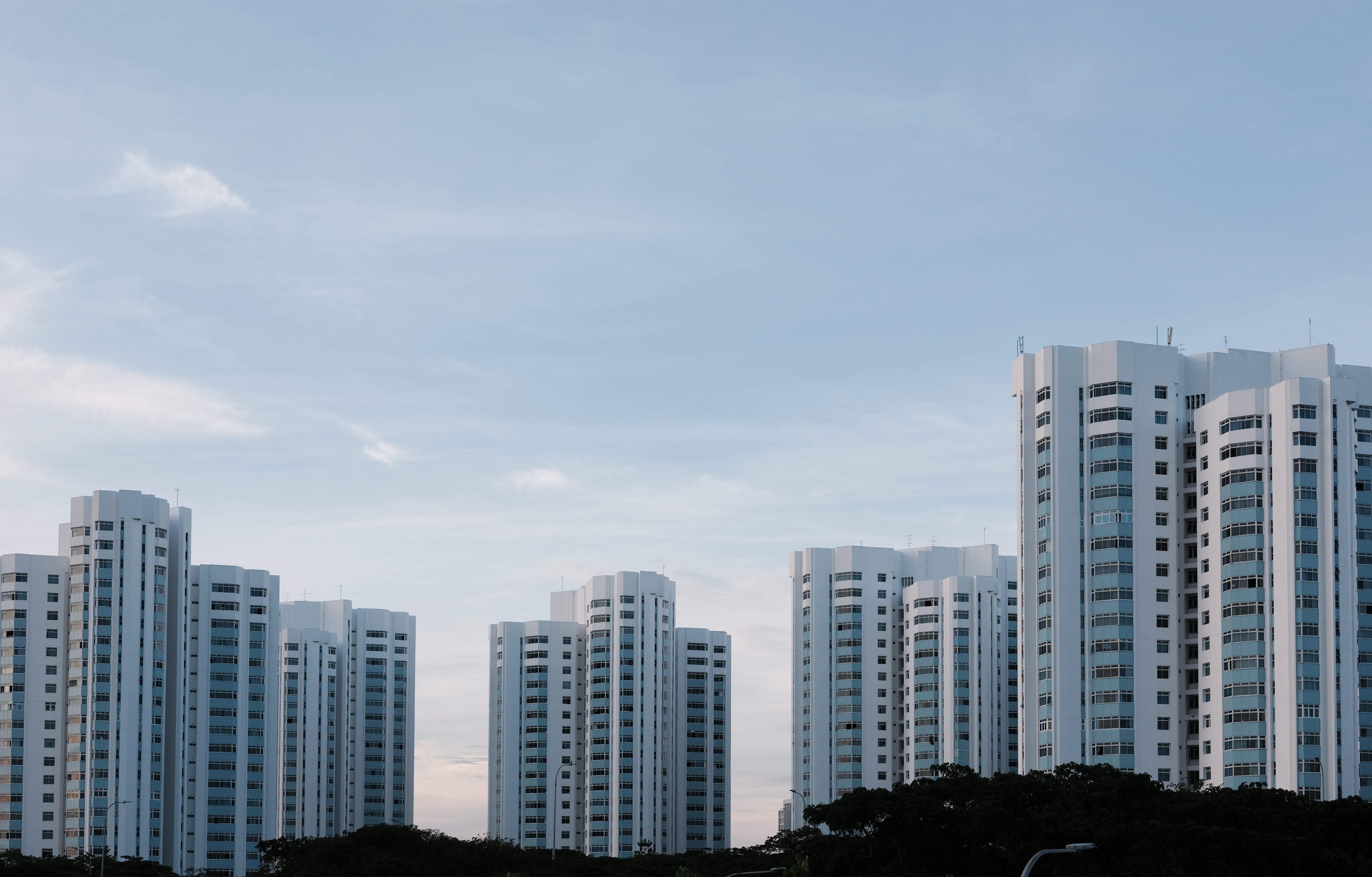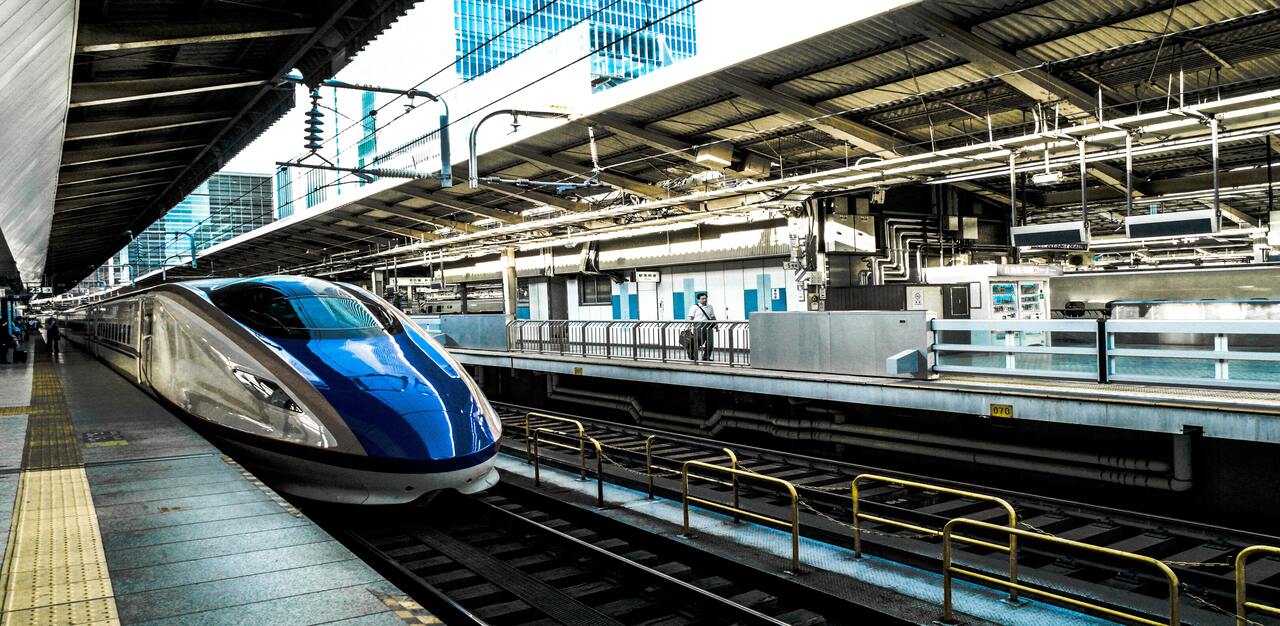Fill Me In
Alas, after hitting several speed bumps along the way, the eagerly anticipated Kuala Lumpur-Singapore High-Speed Rail (HSR) project has reached the end of the line. Breaking the news last Friday (1 January) via a joint statement, Prime Minister Lee Hsien Loong and his Malaysian counterpart Muhyiddin Yassin announced that the HSR bilateral agreement had been terminated, after both countries failed to reach a consensus on changes put forth by Malaysia before the end-December deadline.
As the premiers explained in the statement, “In light of the impact of [the] COVID-19 pandemic on the Malaysian economy, the Government of Malaysia had proposed several changes to the HSR project. Both Governments had conducted several discussions with regard to these changes and had not been able to reach an agreement. Therefore, the HSR Agreement had lapsed on 31 December 2020.”
But the leaders were also quick to add that “Both countries remain committed to maintain[ing] good bilateral relations, and cooperat[ing] closely in various fields, including strengthening the connectivity between the two countries.”
What was the HSR project?
Billed as a “game-changer”, the high-speed rail link between Singapore and Kuala Lumpur was given the green light in 2013 by PM Lee and then-PM of Malaysia Najib Razak during the yearly Leaders’ Retreat, decades after the idea was first floated in the ’90s.
The on-again, off-again HSR would have stretched some 350 kilometres and 8 stations from Bandar Malaysia to Jurong East, slashing travel time between the cities down to just 90 minutes versus more than 4 hours by road and over 3 hours end-to-end by air, thereby creating an estimated annual economic benefit of USD 641 million for Singapore and USD 1.589 billion for Malaysia.
A legally-binding bilateral agreement was then signed in late 2016, with plans to get the express service up and running by 2026. A year later, Singapore and Malaysia launched an international joint tender for an Assets Company that would be responsible for designing, building, financing, and maintaining all rolling stock and rail assets for the HSR.
However, a change in government following Malaysia’s watershed 2018 General Election – in which the Pakatan Harapan coalition, spearheaded by Mahathir Mohamad, defeated Mr Najib’s Barisan Nasional alliance – led to a suspension of the project at Malaysia’s request. Both parties inked a deal to postpone work on the cross-border transport system until May 2020, a deferment that was subsequently extended to December 2020, before the HSR finally grounded to a halt.
Why was the HSR project called off?
Political uncertainty
Malaysian politics witnessed another dramatic twist when the long-simmering power struggle between Mr Mahathir and his former protégé Anwar Ibrahim boiled over last February. The outcome? Mr Mahathir tendered his resignation as premier, the Pakatan Harapan coalition collapsed, and the Yang di-Pertuan Agung appointed Muhyiddin Yassin as the country’s new Prime Minister. Such political upheaval undoubtedly left a lasting impact on the outcome of the HSR project.
Dr Ooi Kee Beng, executive director of the Penang Institute, explained to TODAY that “Muhyiddin’s government is an extremely weak one, susceptible to pressure from various angles and therefore unable to manoeuvre its way towards a continuation of the project. Whether there was any political will to do so at all has been unclear. The government has been trying to stay alive since it took power in early 2020, and the HSR would not have been among its priorities.”
Pandemic
As the COVID-19 pandemic wreaked havoc around the world and the global economy took a heavy battering, the Malaysian government was forced to re-evaluate the HSR project and, according to Minister in the Prime Minister’s Department (Economy) Mustapa Mohamed, concluded that the original conditions of the 2016 bilateral agreement were no longer competitive for Malaysia.
Reeling from the shockwaves of the coronavirus outbreak, Malaysia is in the midst of a recession, with an estimated 3.5 to 5.5 per cent contraction of the economy in 2020. Mr Mustapa added that Malaysia had proposed “a number of alternatives” to the agreement that would “help reduce almost 30 per cent in expenses for the project”, such as bringing forward the start of the construction phase, which were discussed at length “at the technical and ministerial levels” between the two nations over the past six months, but which ultimately did not come to fruition.
Proposed removal of Assets Company
Speaking in Parliament earlier this week, Transport Minister Ong Ye Kung revealed that the dealbreaker for Singapore in the negotiations surrounding the HSR was Malaysia’s suggestion that the jointly appointed Assets Company (AssetsCo) be removed – a proposal that Singapore could not accept as it would be a “fundamental departure” from the original agreement.
“Because neither country has the expertise and experience in operating the HSR, we agreed under the HSR bilateral agreement to appoint a best-in-class industry player through an open and international tender to assume the role of the AssetsCo,” said Mr Ong. Underscoring the fact that the AssetsCo would be accountable to both nations, the Transport Minister stated that, to Singapore, the Assets Company was “the centrepiece of the HSR project” and essential to ensuring that the interests of both parties would be protected.
Malaysian authorities did not officially comment on the reasons behind their request for the removal of the Assets Company from the HSR project.

What does this mean for Singapore?
Financial compensation
In view of the HSR termination, Mr Ong said that Malaysia is now obligated to compensate Singapore according to the terms of the 2016 bilateral agreement, which would include “various abortive costs” such as for consultancy services, infrastructure design and manpower, as well as “a small component of miscellaneous abortive costs” incurred by the project’s suspension. This would be in addition to the $15 million that Malaysia remitted to Singapore in 2019 as a result of the initial suspension of the project back in 2018. While the exact figure cannot be disclosed due to confidentiality reasons, Mr Ong did reveal that Singapore has spent approximately $270 million on the HSR to date.
Jurong masterplan
The Transport Minister also affirmed that the HSR cancellation would have only a minimal impact on plans for the Jurong Lake District (JLD), where the Singapore terminal for the high-speed rail link would have been situated. Mr Ong said that the government’s plans to transform the JLD had begun in 2008 as part of a broader effort to develop urban centres outside of the central business district, well before Malaysia proposed the now-defunct HSR project in 2012, and before the decision to locate the HSR terminal in Jurong was made in 2015.
“The termination of the HSR project, therefore, does not affect the overall impetus and vision for JLD, although some details may need to be adjusted along the way,” said Mr Ong.
And the land parcels acquired by the government would still be needed to realise these plans. For instance, the 67ha former site of the Jurong Country Club, which was gazetted in 2015, will be used for a new mixed use development and community facilities, while that of the Raffles Country Club (spanning nearly 143 ha) will be used for the upcoming Cross Island Line’s western depot and an integrated train testing centre. Once complete, the JLD will be “the largest commercial and regional centre” outside of the CBD, with the potential to create over 100,000 new jobs as well as 20,000 additional homes.

Will there be another HSR project in the future?
Well, never say never. Mr Ong said that Singapore would be willing to discuss any new proposal from Malaysia on the Kuala Lumpur-Singapore High-Speed Rail connection “in good faith, but starting from a clean slate”.
Meanwhile, Johor’s Menteri Besar Hasni Mohammed has mentioned that the Johor government is hopeful that the HSR project will continue even if it is not linked to Singapore, given that it could still benefit Malaysia, and particularly, the state of Johor. “At the same time, we also are not ruling out the possibility of Singapore’s involvement in the new project in terms of investment,” Mr Hasni said in a press conference last weekend.
Only time will tell!




























